China's forced technology transfer is actually a pretty good idea
China may not need to require foreign investors to share their trade secrets anymore, but other developing countries should give it a try

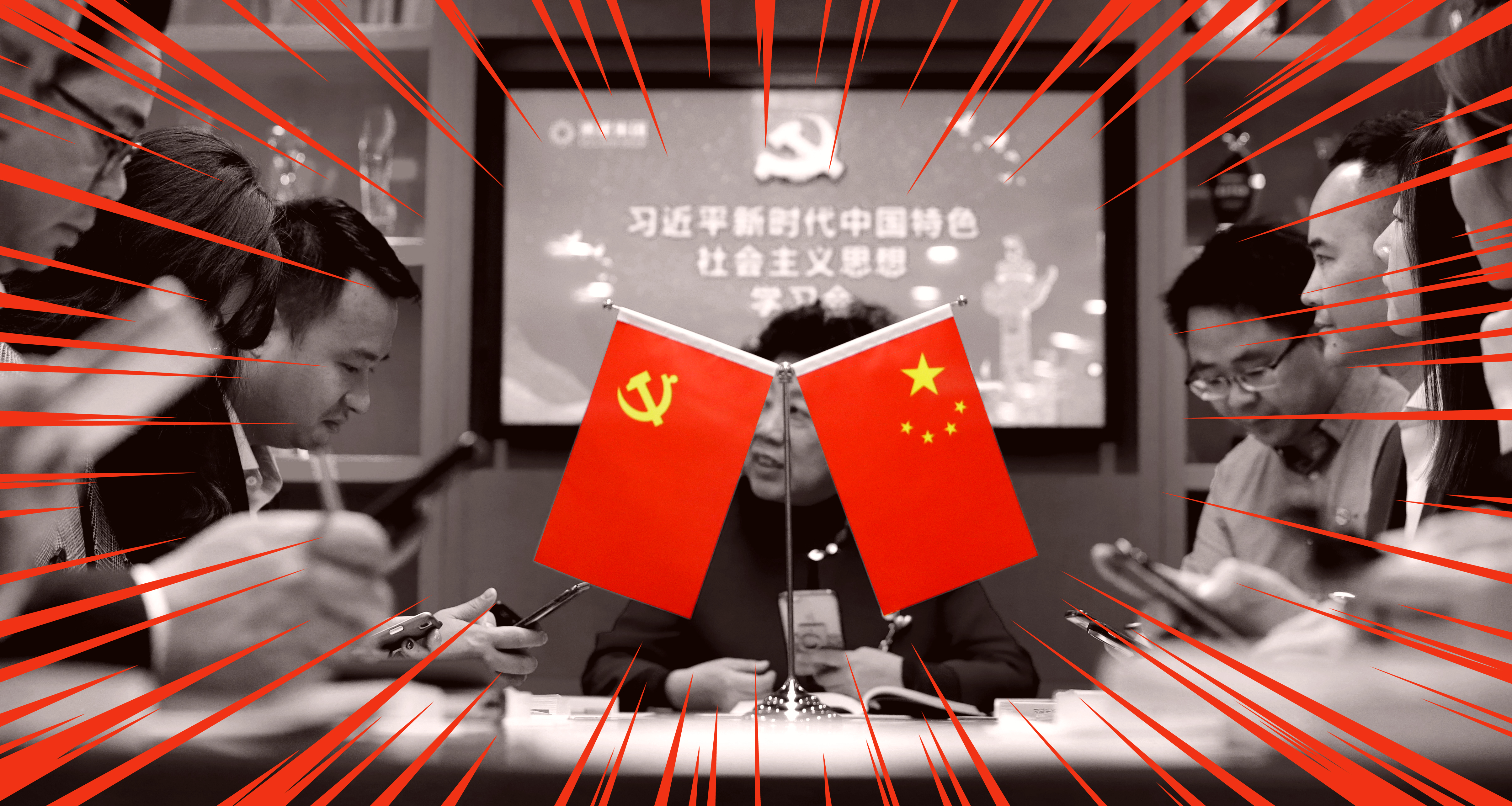
A free daily email with the biggest news stories of the day – and the best features from TheWeek.com
You are now subscribed
Your newsletter sign-up was successful
One of the U.S. government's biggest beefs in its trade war with China is "forced technology transfer": When an American company or investor wants to do business in China's domestic market, Beijing requires them to partner with a Chinese company. Inevitably, and conveniently for China, that means handing over technological know-how and trade secrets to the Chinese partner.
But this system's days may be numbered as trade negotiations make headway. "[The Chinese are] talking about forced technology transfer in a way that they've never wanted to talk about before — both in terms of scope and specifics," one U.S. official recently told Reuters.
Squashing this practice is an obvious win for companies in America and the West more broadly. But what if we expanded our view beyond China to the entirety of the developing world? In that case, "forced technology transfer" actually starts to look like a pretty good idea.
The Week
Escape your echo chamber. Get the facts behind the news, plus analysis from multiple perspectives.

Sign up for The Week's Free Newsletters
From our morning news briefing to a weekly Good News Newsletter, get the best of The Week delivered directly to your inbox.
From our morning news briefing to a weekly Good News Newsletter, get the best of The Week delivered directly to your inbox.
These days, if a poor country with low living standards wants to develop, it enters the global market and opens itself up to rich, foreign investors. But what does it have to offer? Sometimes it's oil, minerals, or other natural resources, but mostly it's low-skill labor. Western investors want those cheap inputs from developing countries so they can better compete against other wealthy Americans and Europeans in the end products market.
At the same time, if developing countries actually want to raise their living standards, they need those advanced end products, too. So they have to buy them back from the West. "Most developing countries specialize in cheap labor and low value-added manufacturing, and [they] end up importing high value-added content," Fadhel Kaboub, an associate professor of economics at Denison University and president of the Global Institute for Sustainable Prosperity, explained to The Week.
But if developing countries export low-cost stuff and import high-cost stuff, they're constantly in danger of falling into trade deficit. The overwhelming bulk of international trade is done through U.S. dollars, and since no one can create dollars except the U.S. government, developing nations have to get dollars through exports.
These trade flows put developing countries at perpetual risk of running short of the dollars they need to buy high-end imports. Inevitably, they borrow more dollars to close the gap. But those debts have to be paid in dollars, too, eventually setting off a default crisis.
A free daily email with the biggest news stories of the day – and the best features from TheWeek.com
The standard fix advised by Western economics is austerity: The developing country hikes its domestic taxes, cuts its domestic spending, and increases its domestic interest rates. This drives up the value of the developing country's domestic currency so it can buy more dollars and pay off its debt (usually with the help of an IMF bailout). But austerity also crushes the domestic economy, leading to mass joblessness and recession — the opposite of the initial goal of raising standards of living.
Once the developing nation puts itself through enough agony to pay off its debts, it sets about deregulating its labor and environmental rules and its capital controls to attract another round of wealthy foreign investors. Wash, rinse, repeat.
As Kaboub explained, to get out of this trap and balance their trade flows long-term, developing countries need to build their own domestic ability to produce the complicated, high-value products whose import produces a trade deficit in the first place. Bringing in foreign investors is neither the only way to do that nor the best.
When foreign investors bring their money to a developing country, they already have the advanced stages of the supply chains in place. They don't need more. Instead, they want input for the early stages, those cheap resources and labor the developing country can provide. From a market perspective, this is "efficient." But it also means that to build up its domestic industries, a developing country must protect itself from foreign competition and trade flows, which requires tightly regulating the fickle interests of foreign investors. To quote Alice Amsden, a political economist who wrote a history of industrialization in Korea, development requires "getting prices wrong."
To put it crudely, if a foreign investor helps a developing country advance its own industries, the investor creates competitors for itself. Investors are unlikely to do that willingly, so if developing countries are to rely on foreign investment, Kaboub says, they need to ensure investment benefits the people and institutions in the developing country long-term.
Investors can't be permitted to come in, use the developing country for its cheap resources and labor, and leave. "You have to be selective and set conditions that actually enhance your technological innovation domestically, that enhance the transfer of skills and transfer of technology," Kaboub told The Week. In other words, you have to make sure foreign investors share their know-how, business models, and technological ideas with domestic partners.
This gets us back to China. Insisting on technology transfer as the price of entering China's domestic market isn't the only way to ensure this sharing takes place, but it's certainly a way to do it. More to the point, it's a practical policy model other developing countries could emulate.
Whether China itself, now the world's second-largest economy, still needs to rely on forced technology transfer is debatable. But lots of other countries do need to build themselves up the way China has. It's no coincidence that China, a pioneer of forced technology transfer, is modern history's biggest success story for raising living standards in the developing world.
Jeff Spross was the economics and business correspondent at TheWeek.com. He was previously a reporter at ThinkProgress.
-
 Sepsis ‘breakthrough’: the world’s first targeted treatment?
Sepsis ‘breakthrough’: the world’s first targeted treatment?The Explainer New drug could reverse effects of sepsis, rather than trying to treat infection with antibiotics
-
 James Van Der Beek obituary: fresh-faced Dawson’s Creek star
James Van Der Beek obituary: fresh-faced Dawson’s Creek starIn The Spotlight Van Der Beek fronted one of the most successful teen dramas of the 90s – but his Dawson fame proved a double-edged sword
-
 Is Andrew’s arrest the end for the monarchy?
Is Andrew’s arrest the end for the monarchy?Today's Big Question The King has distanced the Royal Family from his disgraced brother but a ‘fit of revolutionary disgust’ could still wipe them out
-
 TikTok secures deal to remain in US
TikTok secures deal to remain in USSpeed Read ByteDance will form a US version of the popular video-sharing platform
-
 How will China’s $1 trillion trade surplus change the world economy?
How will China’s $1 trillion trade surplus change the world economy?Today’s Big Question Europe may impose its own tariffs
-
 Shein in Paris: has the fashion capital surrendered its soul?
Shein in Paris: has the fashion capital surrendered its soul?Talking Point Despite France’s ‘virtuous rhetoric’, the nation is ‘renting out its soul to Chinese algorithms’
-
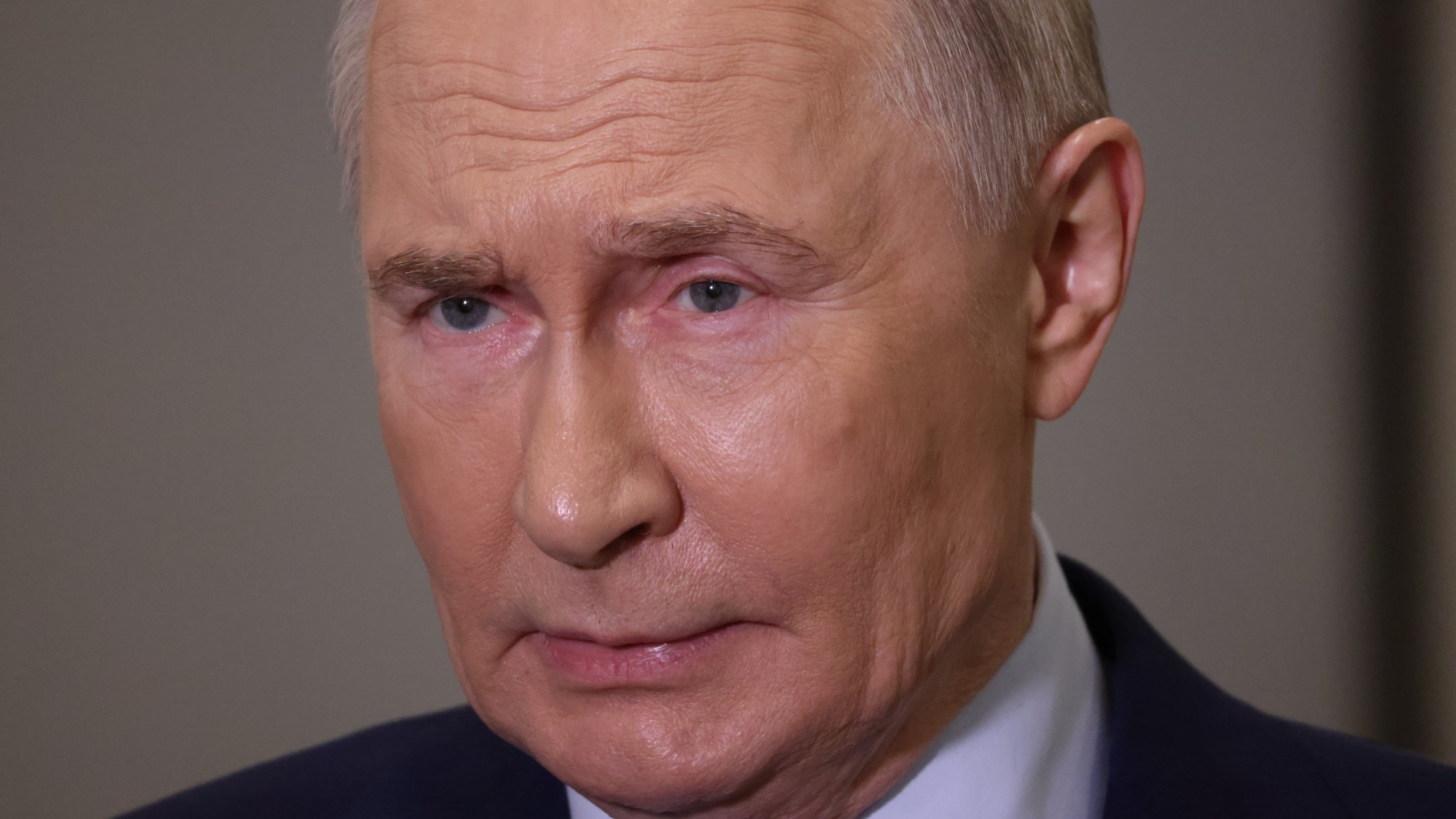 Will latest Russian sanctions finally break Putin’s resolve?
Will latest Russian sanctions finally break Putin’s resolve?Today's Big Question New restrictions have been described as a ‘punch to the gut of Moscow’s war economy’
-
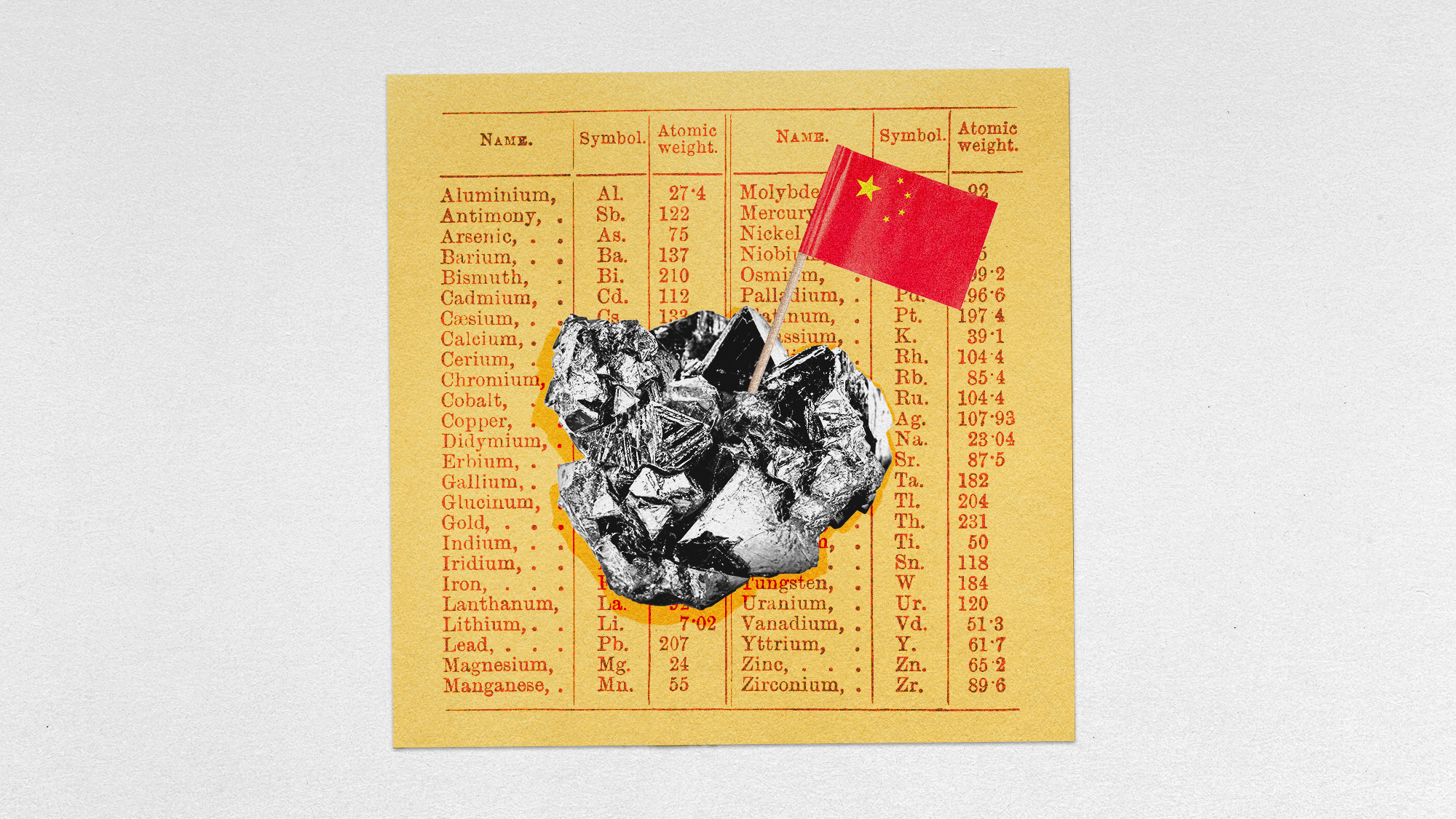 China’s rare earth controls
China’s rare earth controlsThe Explainer Beijing has shocked Washington with export restrictions on minerals used in most electronics
-
 The struggles of Aston Martin: burning cash not rubber
The struggles of Aston Martin: burning cash not rubberIn the Spotlight The car manufacturer, famous for its association with the James Bond franchise, is ‘running out of road’
-
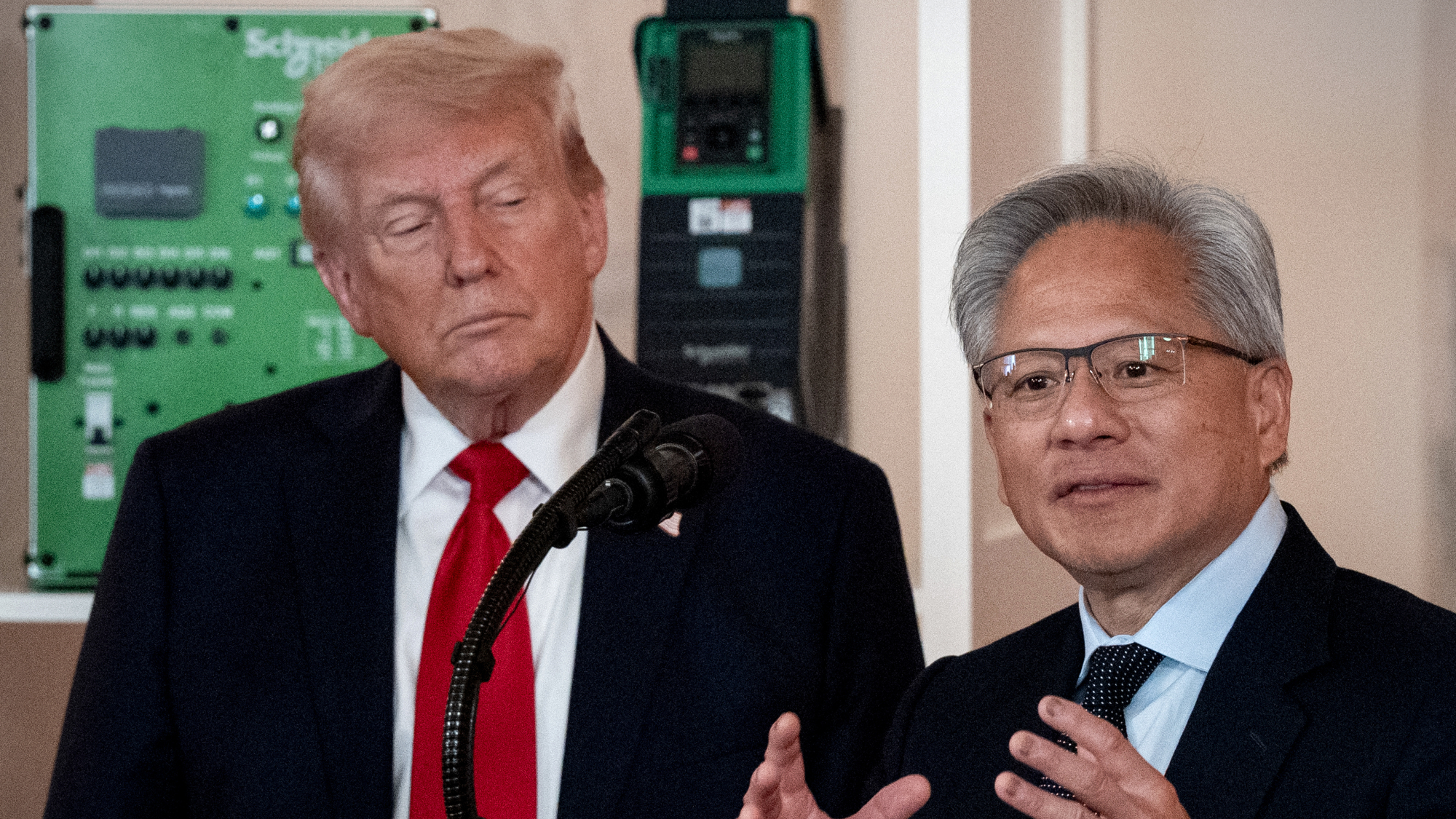 US to take 15% cut of AI chip sales to China
US to take 15% cut of AI chip sales to ChinaSpeed Read Nvidia and AMD will pay the Trump administration 15% of their revenue from selling artificial intelligence chips to China
-
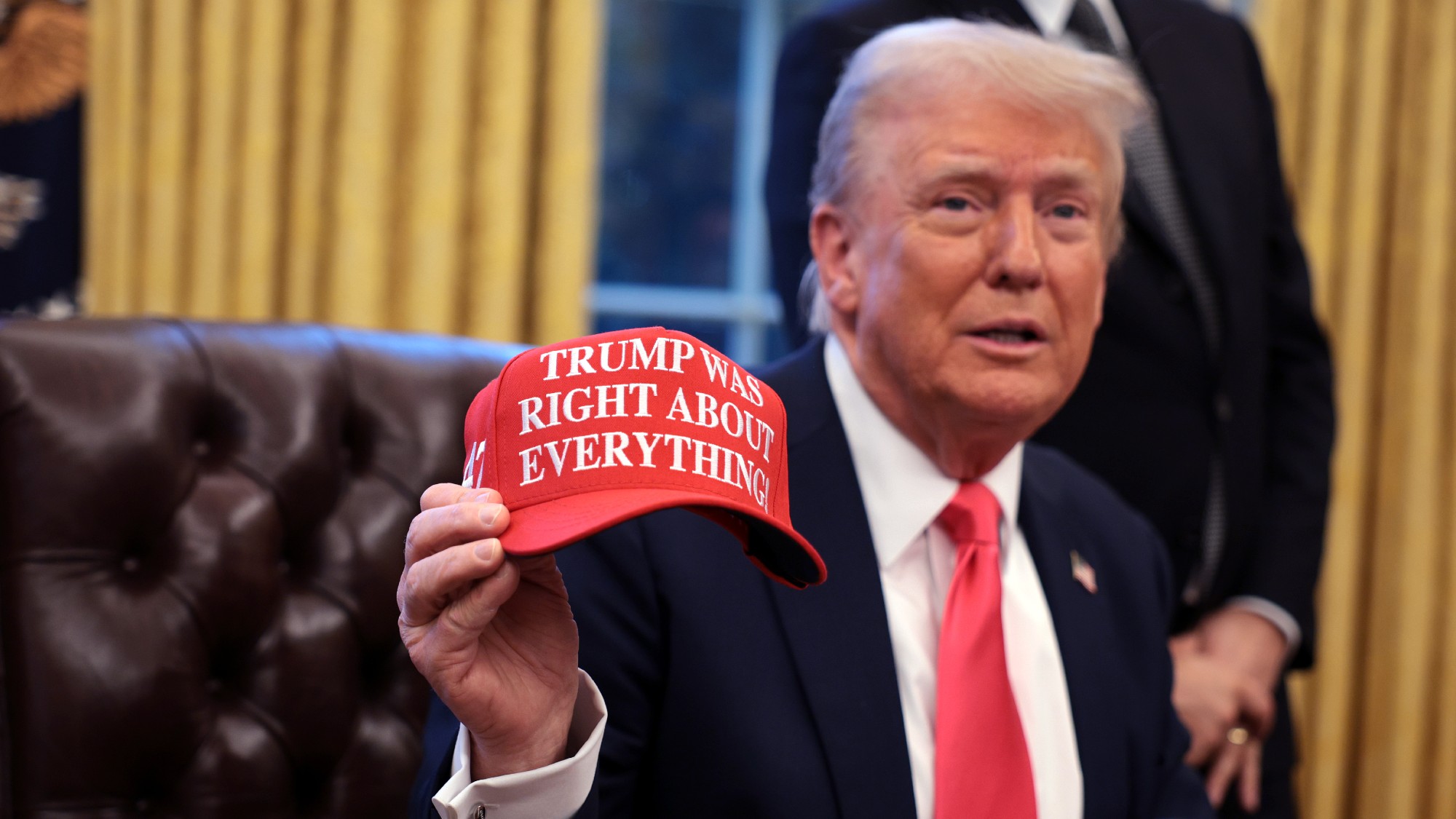 Is Trump's tariffs plan working?
Is Trump's tariffs plan working?Today's Big Question Trump has touted 'victories', but inflation is the 'elephant in the room'
